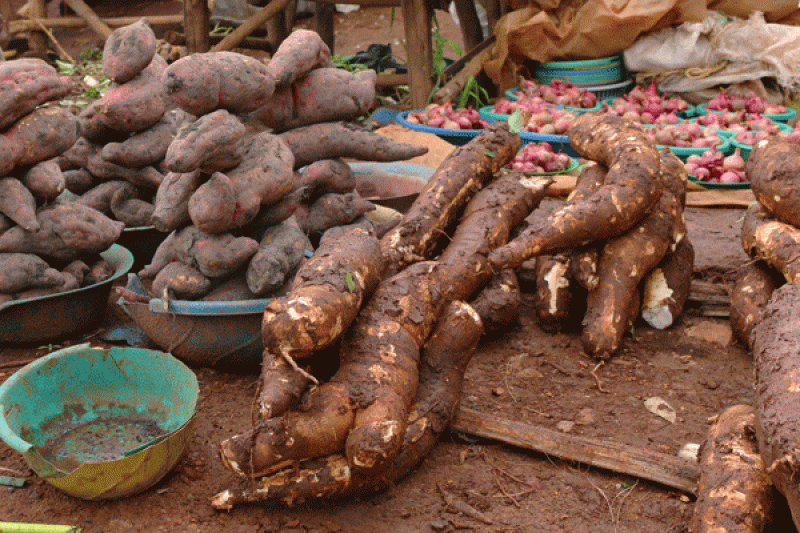Cassava and sweet potatoes. Lablab beans and water berries. Bitter gourds and sickle sennas. Elephant ears and African locusts. … All … are standard fare in various parts of Africa. What they also have in common is that they are, from the point of view of plant breeders, orphans. They are neglected by breeders because they are not cash crops. Conversely, they are not cash crops because they are neglected by breeders.
That neglect matters. The cereals which dominate human diets—rice, wheat and maize—have had their yields and nutritional values boosted over the years by scientific breeding programmes. … Orphan crops have yet to undergo such a genetic revolution.
…
One way to reduce stunting would be to improve the crops that Africans, particularly those in the countryside, actually eat—in other words, orphan crops. Such improvement is the purpose of two recent, interrelated projects that are now getting into their strides.
…
So far, [African Orphan Crops Consortium] researchers have fully sequenced the genomes of ten of their targets. They have partially sequenced those of 27 others.
…
If some of Africa’s orphan crops, suitably improved by genetic knowledge, were to follow suit, the benefits to African farmers would be huge.
The GLP aggregated and excerpted this article to reflect the diversity of news, opinion and analysis. Read full, original post: Improving the plants that Africans eat and breeders neglect































